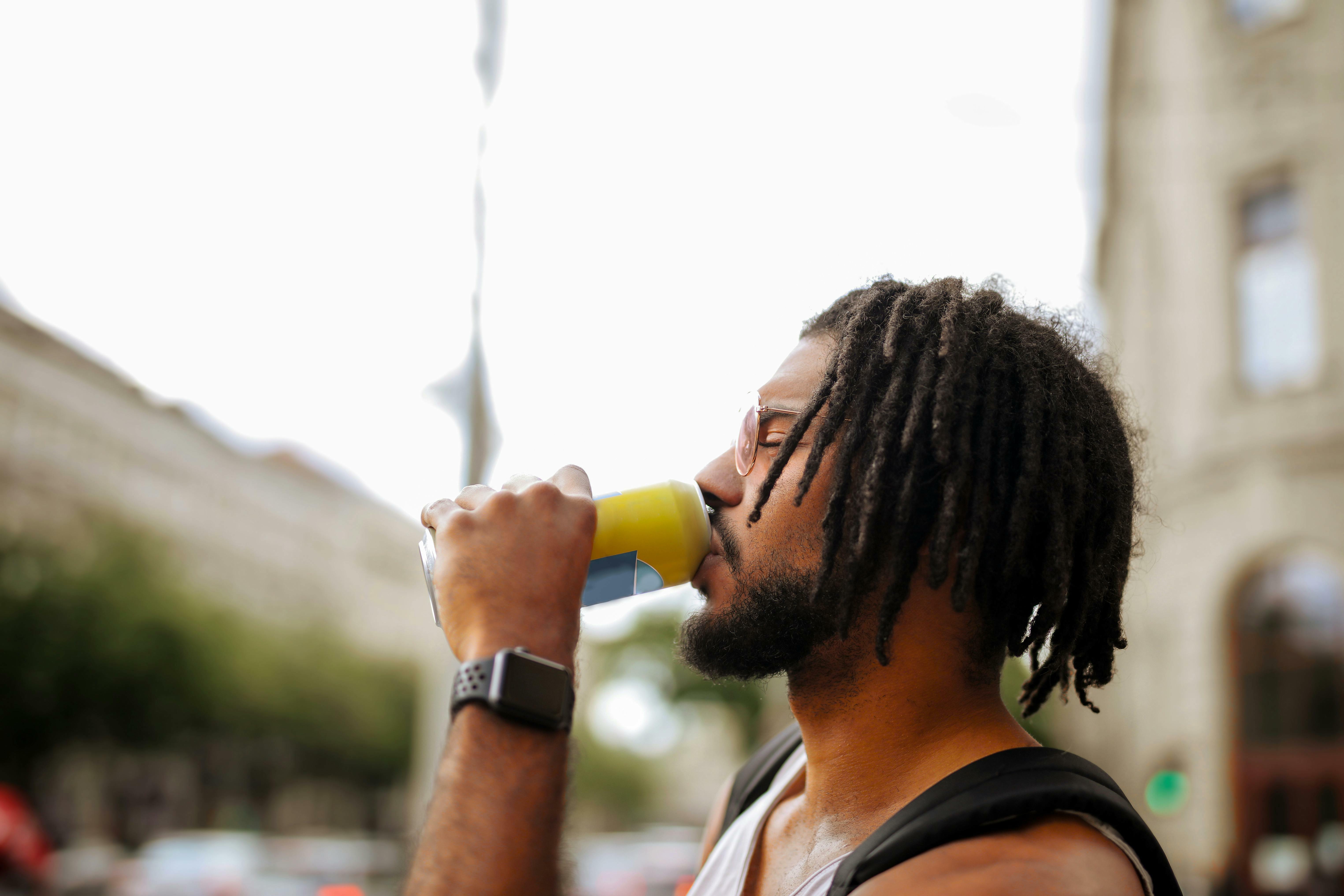
Monday 8th July 2024
Hot and Bothered: The Shocking Effects of Heat on the Brain
Louise Morse
Researchers are describing how extreme heat affects human behaviour and how scorching temperatures can ignite our worst impulses. It could explain how we Brits are generally tolerant of protests, whereas in other, warmer countries, reactions can be savage. For instance, in the news in the run up to the General Election were protests by various activist groups, with shouting, flag waving, arguing with lorry drivers and anything that got the protestors’ message across. In contrast, elections in France were accompanied by riots that invariably spilled over into violence - heavy clashes with police, shops looted, and cars and buildings set alight. ‘It’s the French way,’ say several commentators, pointing to the country’s history. But could it be down to the French climate, rather than its citizens’ volatility? With Britain’s citizens benefiting from the country’s temperate climate?
One study tracked around 400 people in Chicago in the United States, from May through to September 2022. Researchers found that people acted more impulsively and aggressively in the heat, and as temperatures rose in people’s homes and on the street, they became more verbally aggressive and quicker to anger. When temperatures reached 37° C in mid-June, people were, on average, at their most impulsive. There was more domestic violence, higher levels of hospital admissions for overdoses and more suicide attempts. Dr Kimberly Meidenbauer, the study’s first author, said: ‘the idea here is that if you are more impulsive, you might be more likely to engage in risky behaviours including substance-abuse and self-harm. Even after the heat dissipates, the impulsiveness seems to stick around for a while.’
Heat affects the prefrontal cortex area of the brain, the part responsible for planning, emotions, and self-control. Dr Kelly Rohan, a clinical psychologist who studies seasonal affective disorder said that ‘some neurotransmitters, like norepinephrine, dopamine and serotonin, that are involved in mood regulation are also involved in thermal regulation.’ Dr Meidenbauer added that with heat exposure, the prefrontal cortex’s connectivity with other important brain regions gets disrupted. And other studies suggested when your body is thermal regulating, it takes up resources, which could be cognitively taxing.’
Dr Craig Anderson, a psychologist at Iowa State University, has found evidence that people may interpret ambiguous interactions as more aggressive when the temperature is hot. ‘When you perceive other people behaving more aggressively, that increases the likelihood that you’ll see yourself as being provoked and responding in a more hostile manner,’ he said.
Heat could potentially block decision-making processes and increase the load on the brain as it struggles to work in less than ideal circumstances. A recent economic decision-making experiment in California and Nairobi suggests that those real-world impacts may be subtle and complex. In that study researchers found that hot conditions made participants more likely to decide to destroy the assets of other players in a game – a choice that held no benefit for themselves. It seems that hot temperatures make us nasty.
It gives new meaning to the phrase, ‘stay cool!’ In the UK, even in a heat wave the temperature tends to drop at night, which helps. It is difficult to sleep in the heat, and poor sleep patterns exacerbate vulnerability to Alzheimer’s and other dementias. Dr Maidenbauer said this is an area she intends to investigate further.
Sales of air conditioners have climbed here in recent years. But not everyone can afford air-conditioning, which surveys found is the biggest mitigating factor for heat. Especially as most of us live in ‘urban heat islands;’ towns and cities that are hotter than neighbouring rural areas. Greenery, fields and trees help to cool the temperature.
So, what can we do, us individuals coping with global warming? When I returned to the UK after living in hot climates overseas the first thing I did was to replace ceiling lights with fans and lights. They make an enormous difference. When it’s hot outside I close the windows and draw the curtains to keep the heat out, only opening them when the temperature drops. In the cool of the morning I open all the doors and windows and close them in the afternoon as it heats up. (My neighbour once asked how his cat came to be looking out through my bedroom window, but I think that it had just found a cool place!).
Sales of air-conditioning units are growing in the UK, but they are not cheap to buy and are expensive to run. They use as much energy to run for an hour as a fridge uses all day according to WHICH magazine. The magazine also gives valuable advice on how to stay cool without air-conditioning. A simple tip for keeping an older person cool is to put a table fan behind a bowl of ice to blow the chilly air towards them, and give them cool drinks at regular intervals.





































